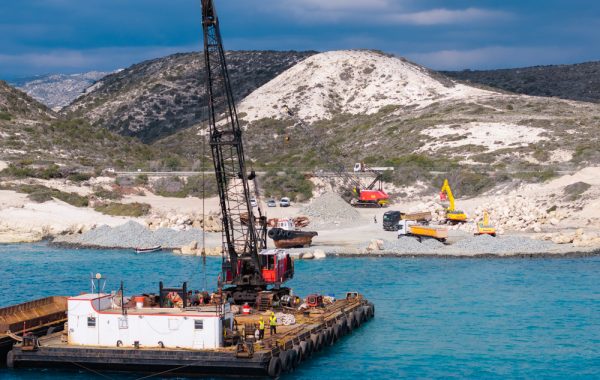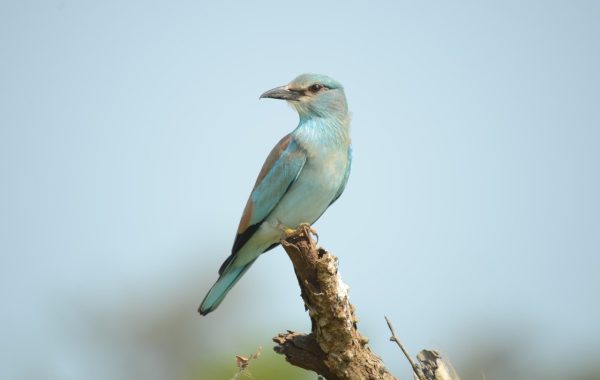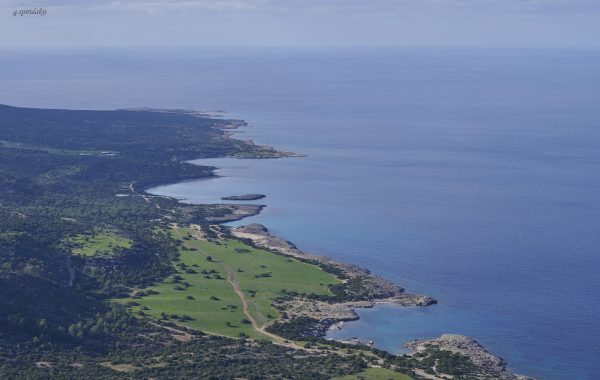Between the heaps of pessimistic and grim news about nature and the environment that flood our screens every day, good news, as obvious as they should be, are of particular importance. Not only because of their literal nature as positive, but also because they give us the strength to continue the struggle and the right to imagine a better future for nature in our country.
Cape Greco, the southeasternmost end of our island and the first land point that migratory birds meet as they travel from the south in spring, will remain a natural peninsula where wild birds rest during their long journeys and where some make their nest. It will not turn into a golf course, a clubhouse, shops, a five-star hotel and 200 villas, as it was being promoted for the last 5 years.
Just a few days ago, the Department of the Environment advised: this project cannot be implemented. The reasons? That this project would take up 6% of the land area of the Cape Greco Natura 2000 site and its potential implementation would have significant, negative and irreversible impacts. The Department of the Environment expressed its negative opinion on the project both in terms of assessing its impact on the Natura 2000 site and on the environment at large.
One can reasonably say that this should have been self-evident. That such large-scale developments do not have a place within state-owned forest land and Natura 2000 sites; sites that have a protection status and conservation objectives that do not tally with golf courses with residential and commercial developments. Yet, when what is self-evident is short-sightedtly sidelined on promises of short-term profits, as in the case of the licensing of a golf course development accompanied by 800 villas and a hotel on the most important Caretta caretta turtle nesting beach on the other side of the island, in the Polis-Gialia area of Pafos, then they can no longer be considered self-evident.
This does not mean that this development won’t be promoted elsewhere in Famagusta district. Unfortunately, Cyprus has a golf policy that encourages the development of 14 courses with incentives for urban planning relaxations. A policy which, despite many appeals made to the competent authorities by BirdLife Cyprus and other environmental organizations, was not preceded by strategic studies that would take into account land or water needs or address environmental impacts.
However, for the time being, we can safely say that the jewel of the Famagusta District, which is none other than Cape Greco, will remain safe from this development. That the Red-footed Falcon, the Pallid Harrier and the Bee-eater will continue using the site as a stopover during their migration, and that our endemics, the Cyprus Wheatear and the Cyprus Warbler, will continue making their nests there in spring. After all, the site was designated as a Special Protection Area for these species.
With the promotion of this development coming to an end, we wish to see the attentionshifting to the proper management of Cape Greco and for action to be taken on the various threats it faces, such as the uncontrolled access to 4X4 vehicles and the spreading of the invasive alien species of the Acacia tree.




